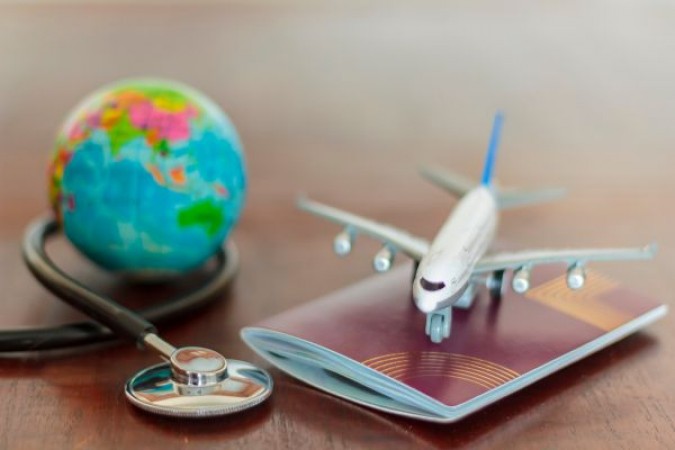
Traveling offers incredible opportunities for exploration, adventure, and self-discovery. However, amidst the excitement of new experiences, unforeseen emergencies can arise, catching even the most seasoned travelers off guard. Whether it's a medical issue, lost belongings, natural disasters, or other unexpected challenges, knowing how to deal with emergencies while traveling is essential for ensuring your safety and peace of mind. In this comprehensive guide, we explore practical tips and strategies to help you stay prepared and resilient in the face of emergencies during your journeys.
Prioritize Safety: Research and Plan Ahead: Before embarking on your trip, conduct thorough research about your destination. Understand the local customs, laws, and emergency services available. Familiarize yourself with the nearest hospitals, police stations, and embassies or consulates. Create an emergency contact list, including important phone numbers and addresses, and keep it easily accessible.
Travel Insurance: A Wise Investment: Investing in comprehensive travel insurance is a crucial step in safeguarding yourself against unforeseen circumstances. Choose a policy that covers medical emergencies, trip cancellations, lost luggage, and other unexpected events. Familiarize yourself with the terms and coverage limits of the policy, ensuring you are adequately protected throughout your journey.
Secure Important Documents: Duplicate essential documents, such as passports, identification, visas, and travel itineraries. Keep both physical copies and digital scans stored securely in separate locations. In case of loss or theft, having backup documents will expedite the process of obtaining replacements.
Stay Vigilant and Aware: While immersing yourself in new surroundings, it's essential to remain vigilant and aware of your surroundings. Be cautious in crowded areas and tourist hotspots, where pickpocketing and petty theft may occur. Keep your belongings secure, and avoid displaying signs of wealth, such as expensive jewelry or electronics.
Communicate Your Itinerary: Inform a trusted friend or family member about your travel itinerary, including accommodation details, transportation plans, and any activities you have scheduled. Regularly check in with them and share updates about your location and well-being.
Health Precautions and First Aid: Prioritize your health while traveling by staying hydrated, getting adequate rest, and following any necessary vaccinations or health precautions recommended for your destination. Pack a basic first-aid kit with essentials such as bandages, antiseptic wipes, pain relievers, and any necessary medications.
Stay Informed About Local News: Keep yourself updated with local news and weather reports, especially if you're traveling to areas prone to natural disasters or political unrest. Awareness of current events can help you make informed decisions and adjust your travel plans if necessary.
Emergency Communication: Ensure you have a reliable means of communication, such as an international SIM card or roaming plan. Familiarize yourself with local emergency numbers, and always carry a fully charged mobile phone.
Trust Your Instincts: If a situation feels unsafe or uncomfortable, trust your instincts and remove yourself from the situation. Avoid taking unnecessary risks and prioritize your safety above all else.
Mastering the Art of Business: Proven Strategies for Success
The Enchanting Benefits of Traveling
Creating Unforgettable Memories: The Magic of Amazing Wedding Events